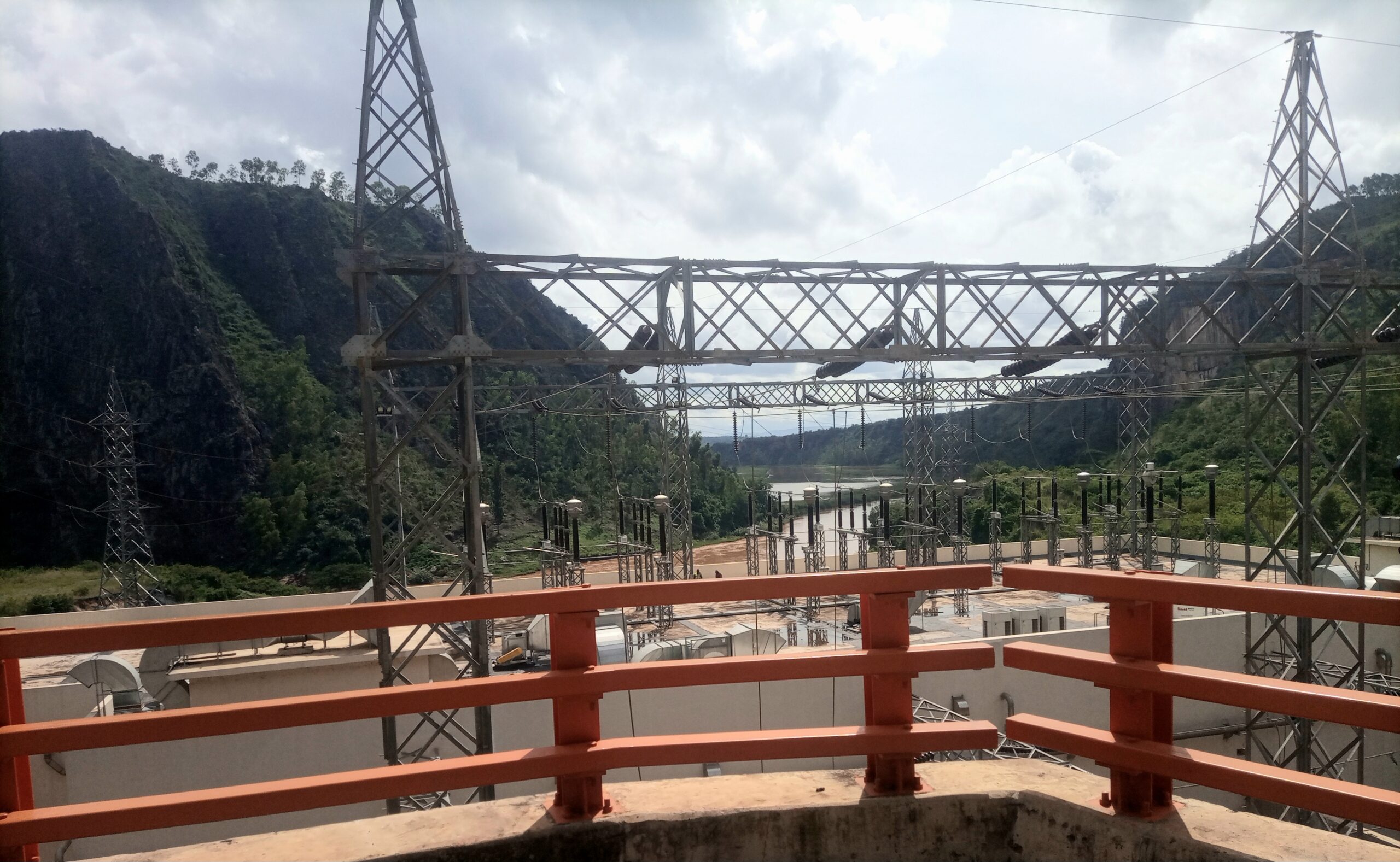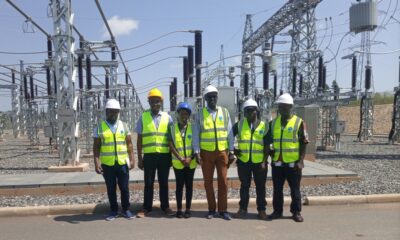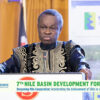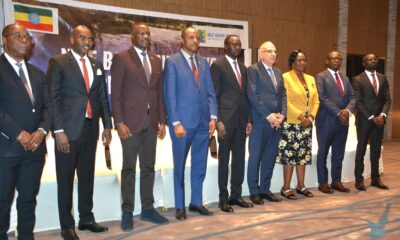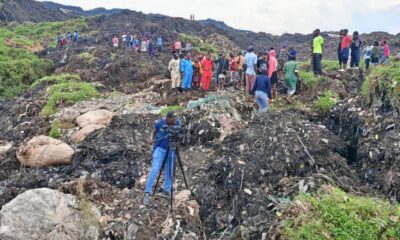Guest Writer
Nile Basin at the Crossroads: Can NELSAP-CU Survive the CFA Storm?
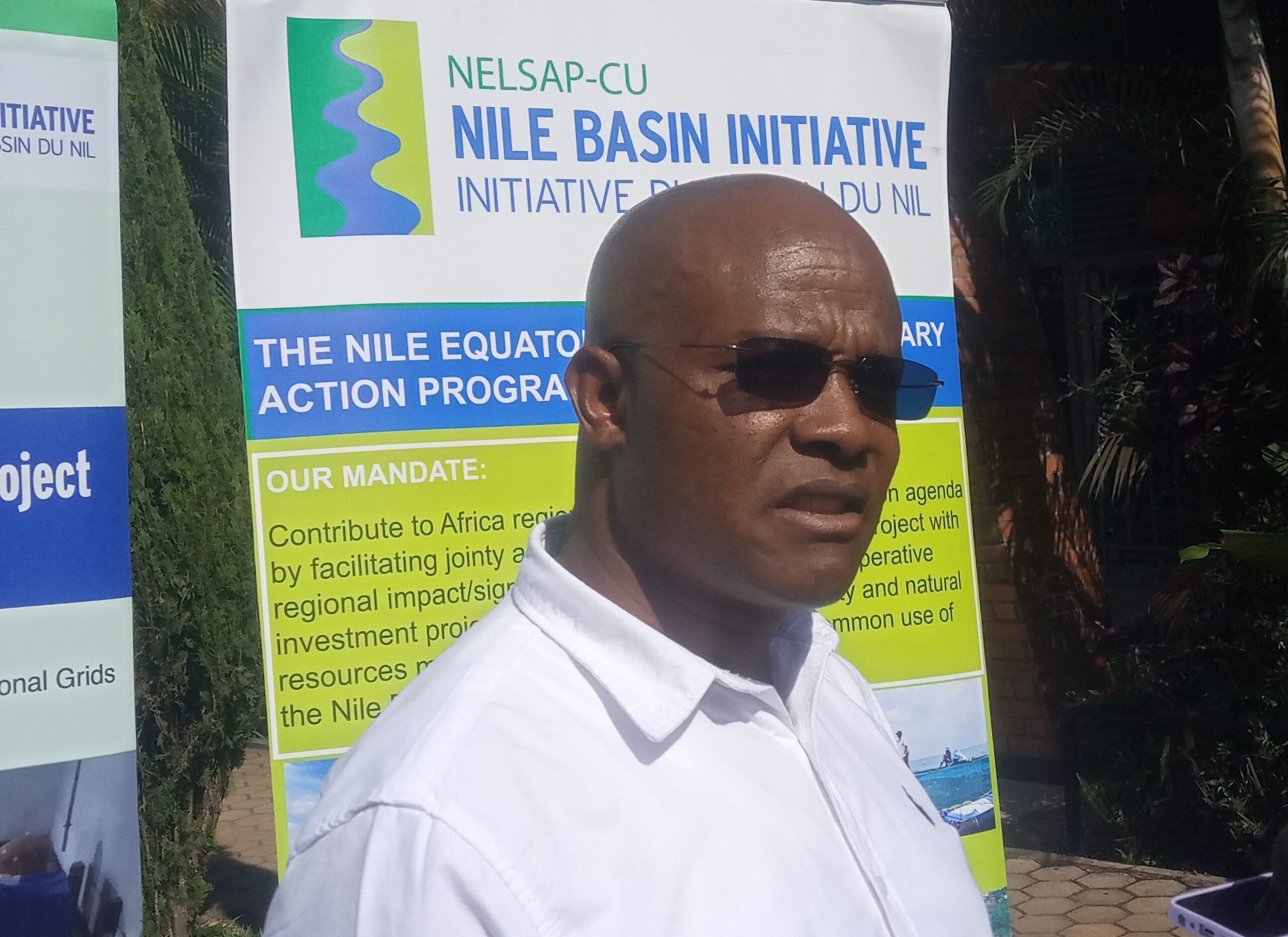
Dr. Isaac Alukwe, is the Regional Coordinator for NELSAP-CU.
It is the Nile Basin’s most effective peacemaker, not through treaties, but through sharing of benefits of water investments. As a contentious new legal framework takes hold, must the region’s premier development engine choose a side, or can it find a new way to drive cooperation?
For over two decades, a quiet but powerful organization headquartered in Kigali has been changing the story of the Nile River Basin. Instead of conflict over water, it has fostered cooperation over electricity, food, and economic growth. This is the Nile Equatorial Lakes Subsidiary Action Program Coordination Unit (NELSAP-CU), and its success in building trust and tangible infrastructure is undeniable.
But now, this celebrated institution finds itself at a critical juncture, its future clouded by a major shift in the region’s hydro-politics.
So, what has NELSAP-CU achieved, what is this new challenge, and what does the future hold?
Just what has NELSAP-CU accomplished?
Since its founding in 1999 as an investment arm of the Nile Basin Initiative (NBI), NELSAP-CU’s core achievement has been to shift the conversation from “dividing a finite volume of water” to “cooperatively expanding a portfolio of shared benefits.” It proved that focusing on mutual economic benefit was a powerful pathway for cooperation.
By preparing sound, cooperatively-owned projects, it mobilized over USD 1.05 billion for regional development. Its legacy includes:
• The Crown Jewel of Cooperation:
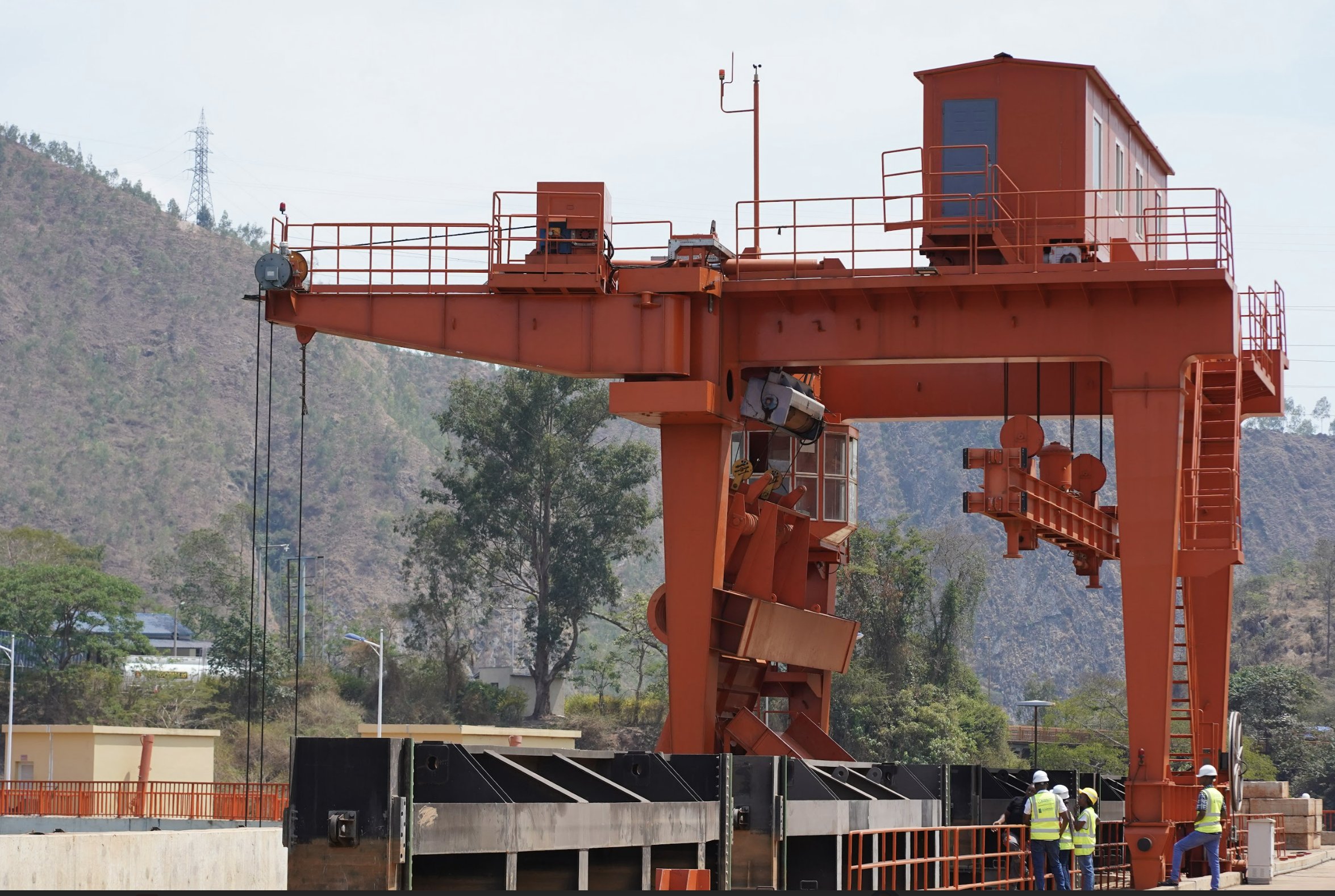
NELSAP-CU was largely successful in developing Rusumo hydro-power project because it steered clear of the hydro-politics of the Nile Basin
The 80 MW Regional Rusumo Falls Hydropower Project is NELSAP-CU’s flagship success. The electricity is shared equally between Burundi, Rwanda, and Tanzania, bringing reliable power to countries with some of the world’s lowest access rates. In Burundi, for instance, the power is so transformative it allows the Gitega hospital to run neonatal incubators 24/7 and has saved the country an estimated USD 2 million per month by replacing diesel power plants.
• Weaving a Regional Power Grid:
The organization has facilitated the construction of nearly 1,000 km of high-voltage transmission lines, linking the national grids of six countries. These interconnectors are more than cables; they are “arteries of commerce” that create a web of economic interdependence, enhancing energy security and providing a powerful incentive for peace.
• Turning Conflict into Cooperation:
The Lakes Edward and Albert Fisheries (LEAF) projects, shared between DR Congo and Uganda, have directly reduced cross-border tensions. By helping the two countries harmonize fishing policies and establish joint surveillance patrols, the project transformed a source of conflict into a platform for cooperation, creating an estimated 45,000 jobs.
If so successful, what’s the problem?
The ground beneath NELSAP-CU is shifting. After more than a decade of intense negotiations, the Agreement on the Nile River Basin Cooperative Framework (or simply the Cooperative Framework Agreement – CFA) officially entered into force on October 13, 2024. This was triggered sixty days after the Republic of South Sudan deposited its instrument of ratification with the African Union in August 2024, becoming the sixth state to formally adopt the treaty, alongside Ethiopia, Rwanda, Tanzania, Uganda, and Burundi.
The CFA establishes, for the first time, a comprehensive legal framework for the cooperative management and development of the Nile’s water resources among its parties. It codifies key principles of modern international water law, most notably the principle of “equitable and reasonable utilization” and the obligation not to cause “significant harm” to other basin states. This marks a radical departure from the historical hydro-political status quo, which was long dominated by the 1929 and 1959 agreements. Those treaties, products of a different era, effectively allocated the vast majority of the Nile’s flow to Egypt and Sudan and were interpreted as granting them veto power over upstream development projects. The CFA seeks to replace this paradigm with one based on the “perfect equality” of rights and the exclusion of any “preferential privilege” for any single riparian state.
This paradigm shift has not been universally accepted. Egypt and Sudan have consistently opposed the CFA, primarily over its failure to explicitly recognize their “existing uses and rights” and its framing of “water security” in Article 14(b). Their refusal to sign or ratify the agreement has created a major geopolitical fault line, dividing the basin between the upstream CFA party states and the two primary downstream non-party states.
How does this political divide affect NELSAP-CU?
The CFA’s political rift presents an existential threat to NELSAP-CU. At its core, the CFA seeks to transition the NBI from a temporary arrangement to a permanent legal entity—the Nile River Basin Commission (NRBC). However, Egypt and Sudan’s refusal to recognize the CFA fractures the basin politically and legally, complicating the envisioned seamless transfer of NELSAP-CU into the NRBC structure.
Furthermore, NELSAP-CU’s operation under a CFA framework would fundamentally recast its identity. For two decades, NELSAP-CU thrived by operating in the realm of “low politics”—focusing on technical cooperation and economic development while studiously avoiding the “high politics” of water rights and sovereignty. This neutrality was a key to its success. The CFA, however, is an instrument of high politics; it is a direct legal and political challenge to the historical order long defended by Egypt and Sudan. By becoming an integral part of the NRBC, the institutional embodiment of the CFA, NELSAP-CU is inevitably transformed from a neutral facilitator into an operational arm of the “CFA bloc.” Its projects, previously viewed primarily through a developmental lens, could now be interpreted by non-CFA states through a geopolitical one—not just as development initiatives, but as assertions of the CFA’s contested principles.
This politicization of NELSAP-CU’s role represents the central strategic challenge for the investment body in the coming decade. Navigating this new complex political landscape will demand unprecedented diplomatic agility, strategic foresight, and perhaps even a reevaluation of NELSAP-CU’s fundamental identity.
So, what’s the way forward?
The Nile Equatorial Lakes region stands at a defining crossroads, and passivity is not an option. The core dilemma for NELSAP-CU is how to preserve its proven operational effectiveness and inclusive, technical focus while adapting to a new, and more politically divided, legal reality in the Nile Basin. Now, more than ever, proactive and visionary planning is critical to preserving NELSAP-CU’s legacy of cooperation and securing its pivotal role in regional development.
Several potential futures are on the table:
1. Integration:
The most direct path is for NELSAP-CU to become a specialized unit within the new NRBC, aligning its work with the CFA. Through innovative diplomacy—emphasizing NELSAP-CU’s technical expertise, legacy of trust-building, and proven ability to deliver shared economic benefits—NELSAP-CU can lead by example, demonstrating to hesitant states like Egypt and Sudan that practical collaboration can transcend political differences.
2. Independence:
NELSAP-CU could be transformed into a fully autonomous transboundary organization with its own legal personality, giving it more flexibility, and allowing it to maintain a low profile, staying away from high politics.
3. Functional transformation:
NELSAP-CU’s role could be sharpened to focus on its core strengths. It could become a dedicated “Project Acceleration Unit,” a “Water Centre of Excellence” for research and capacity building, or even a basin-wide “Nile Investment Development Agency.”
To decide the best path, it is imperative for member states to initiate high-level consultations and commission a detailed, forward-looking study of these options. A clear transition plan, backed by development partners, is needed to navigate this complex period. The time to act is now. The future of a more peaceful, integrated, and prosperous Nile Basin may depend on it.
Dr. Geri Tiacika is an international consultant on water policy and transboundary water management
Comments



